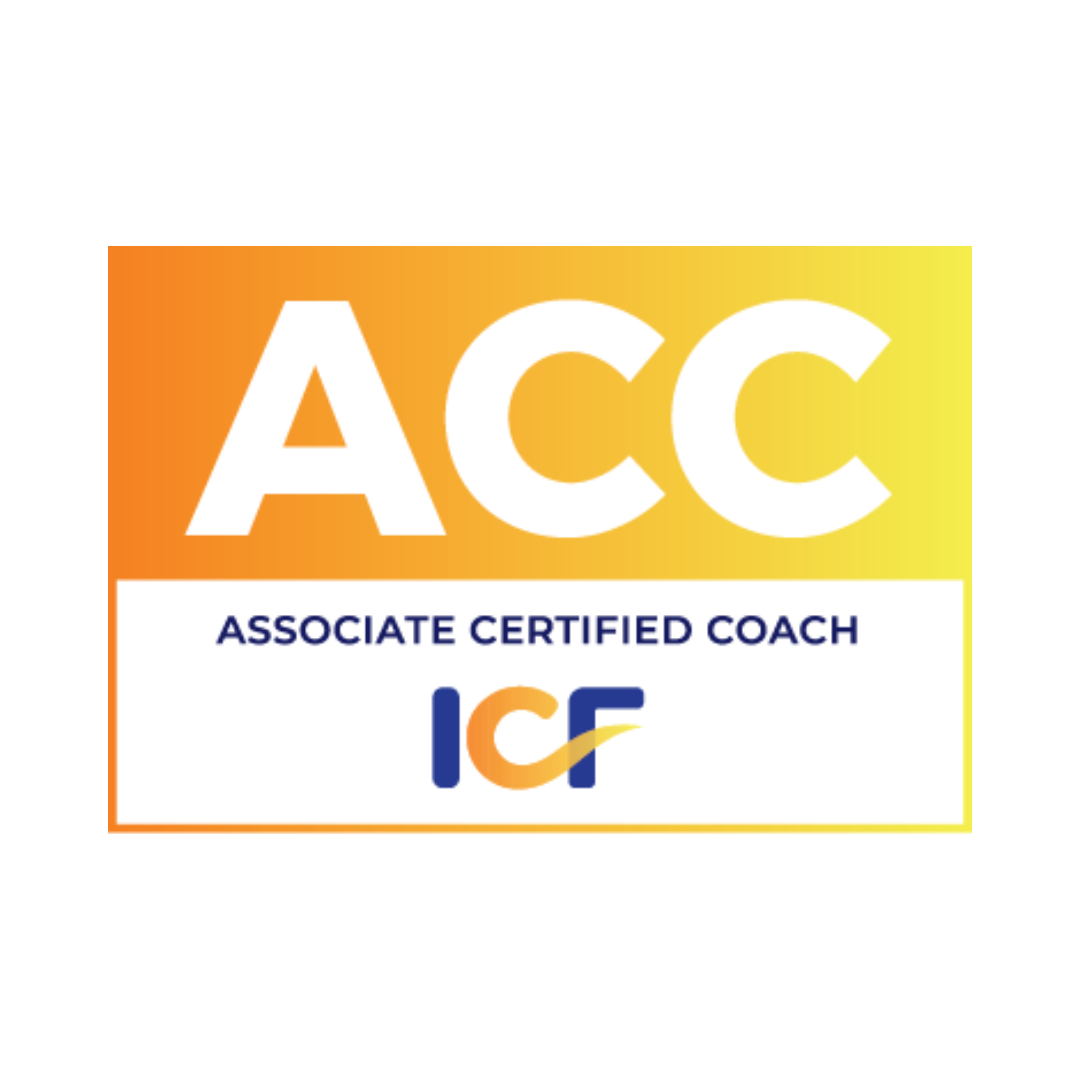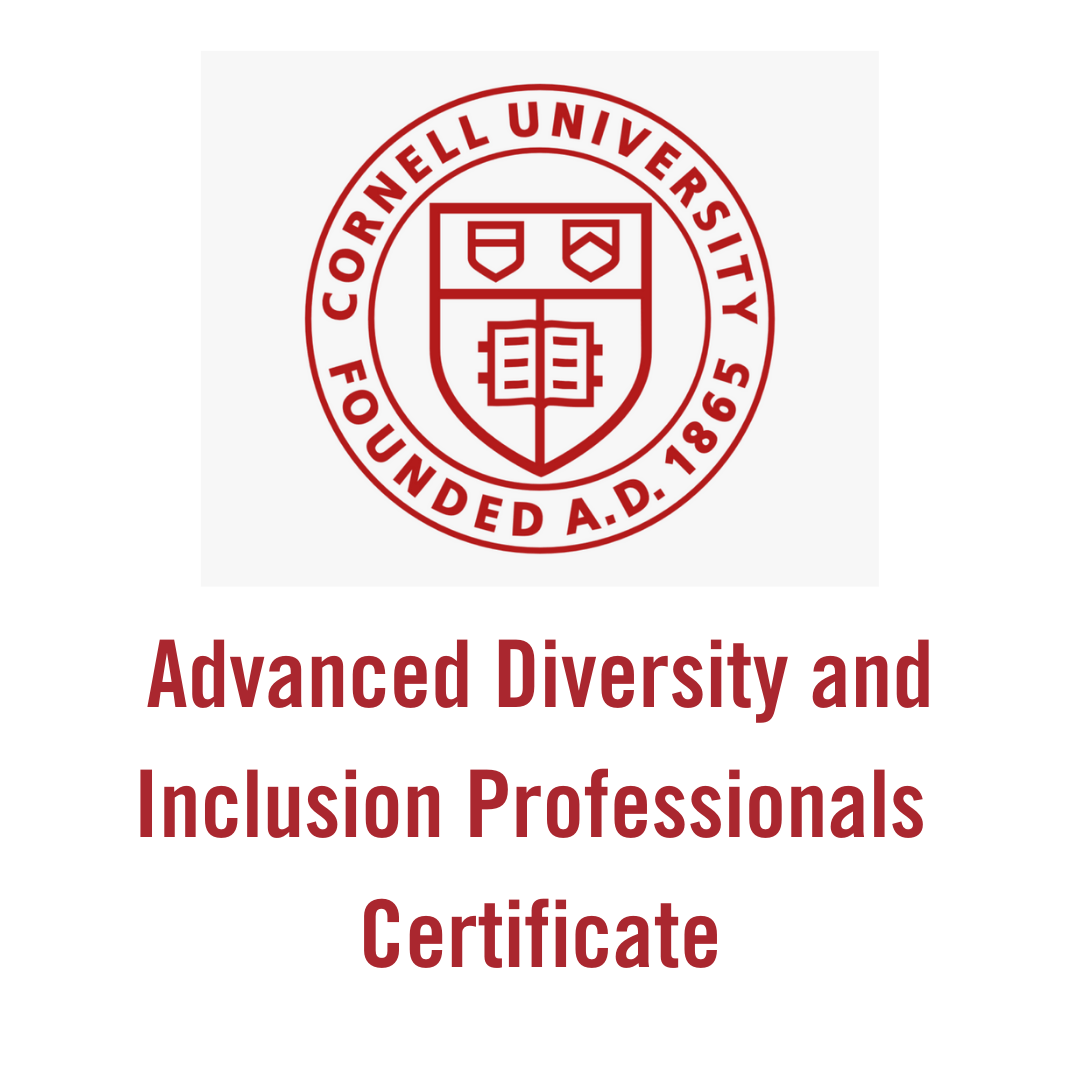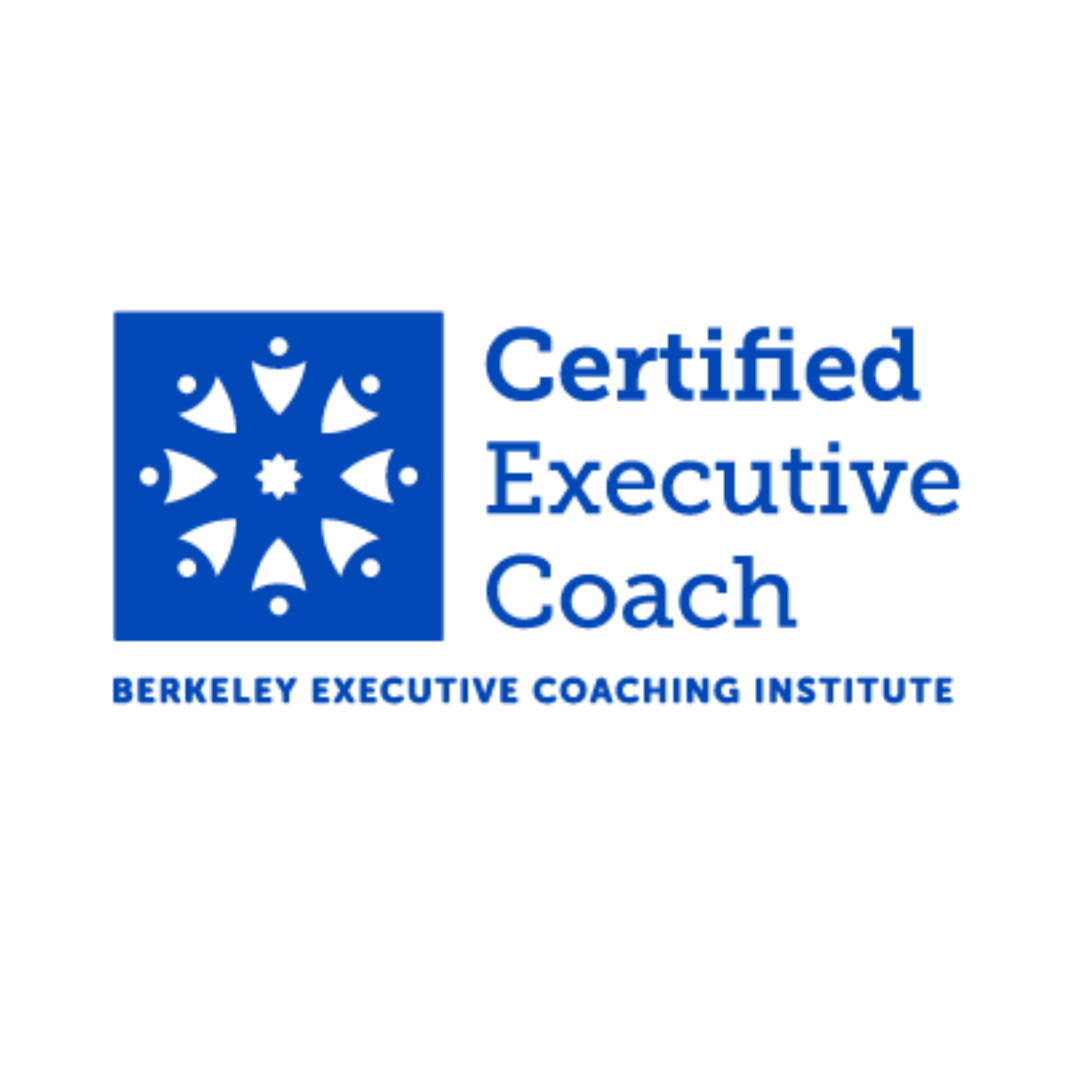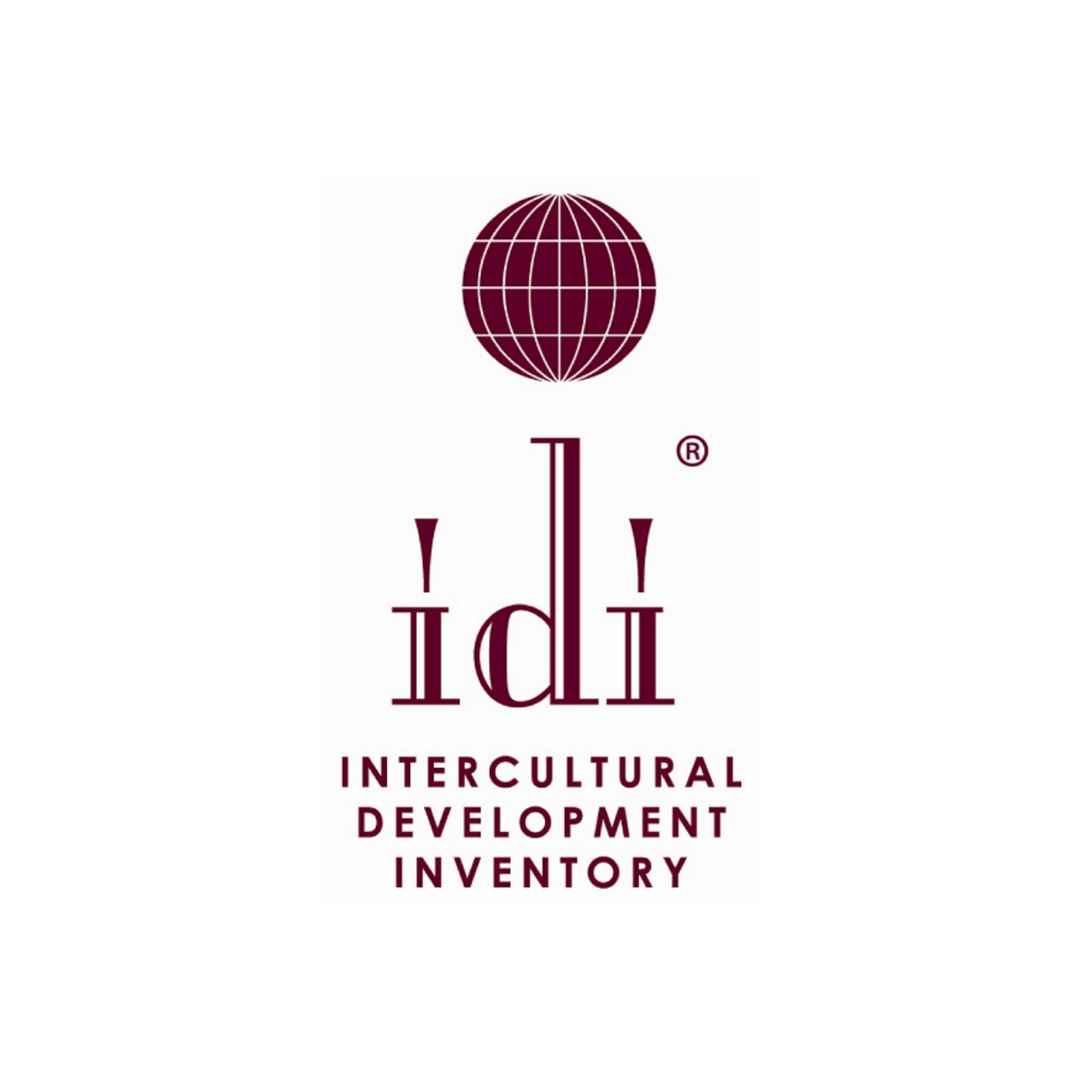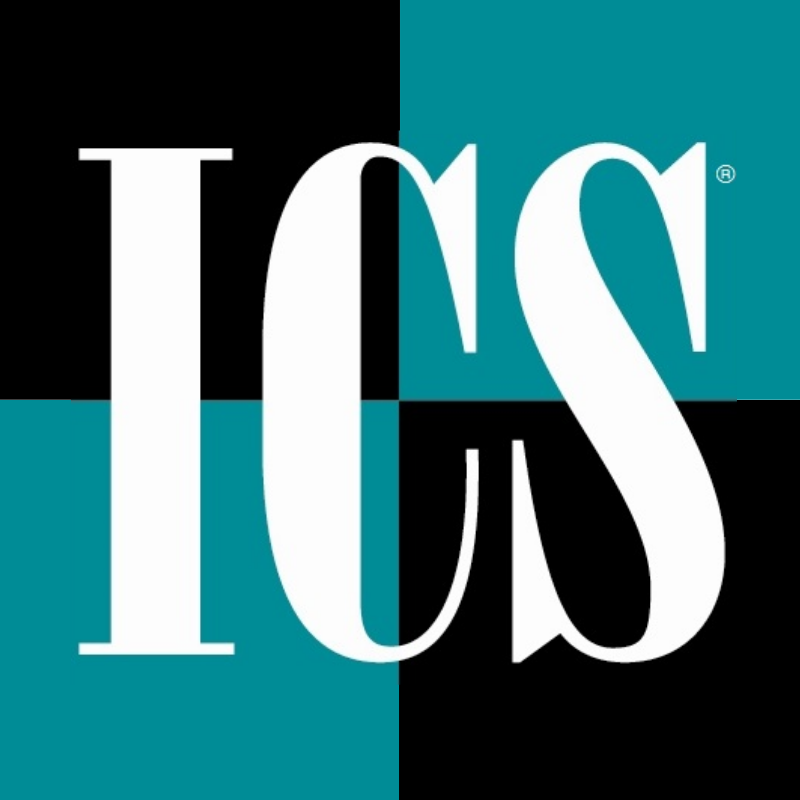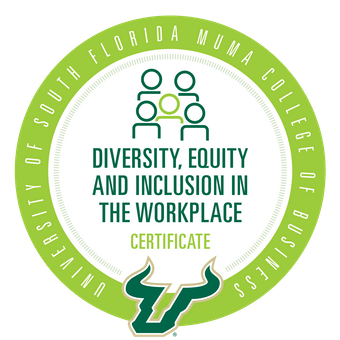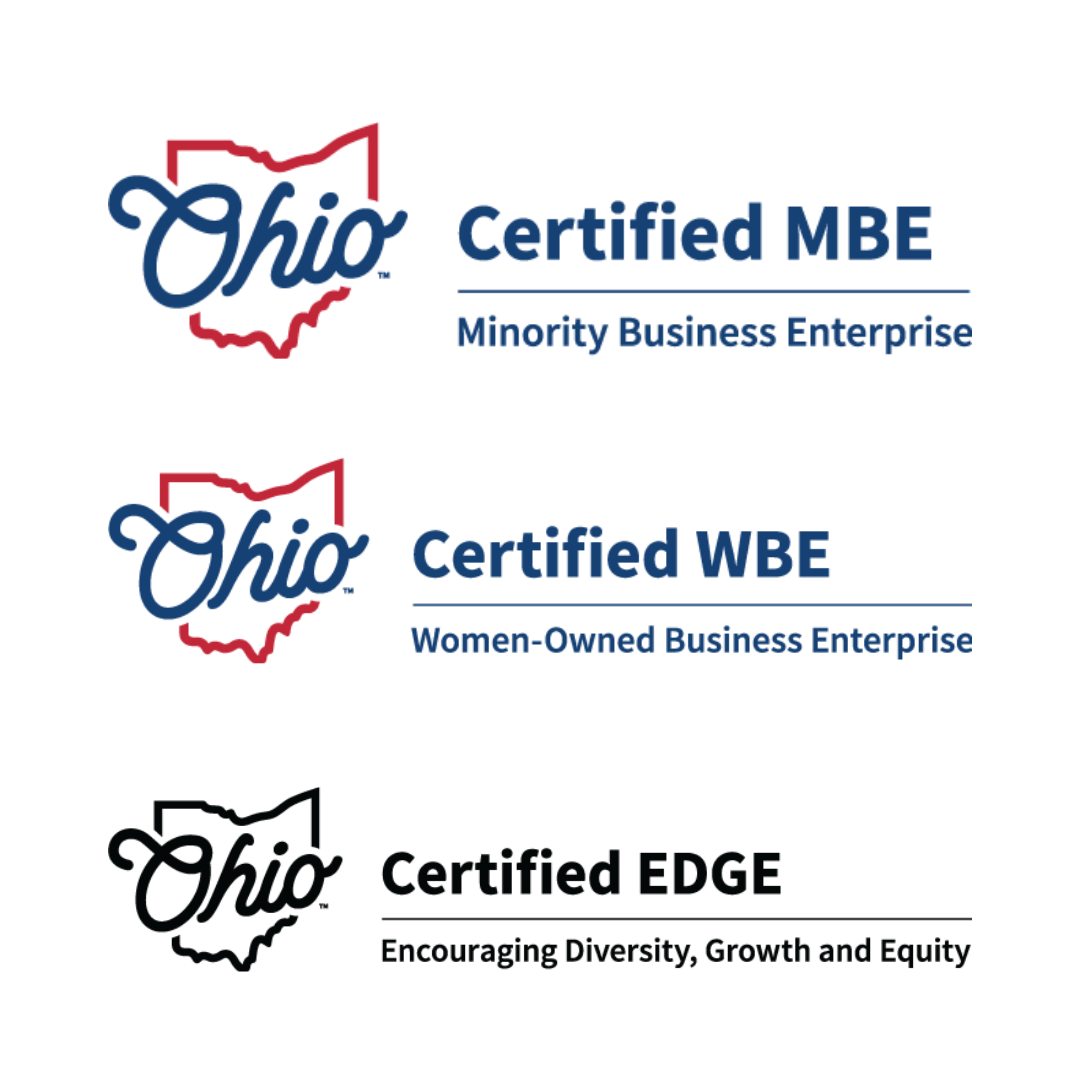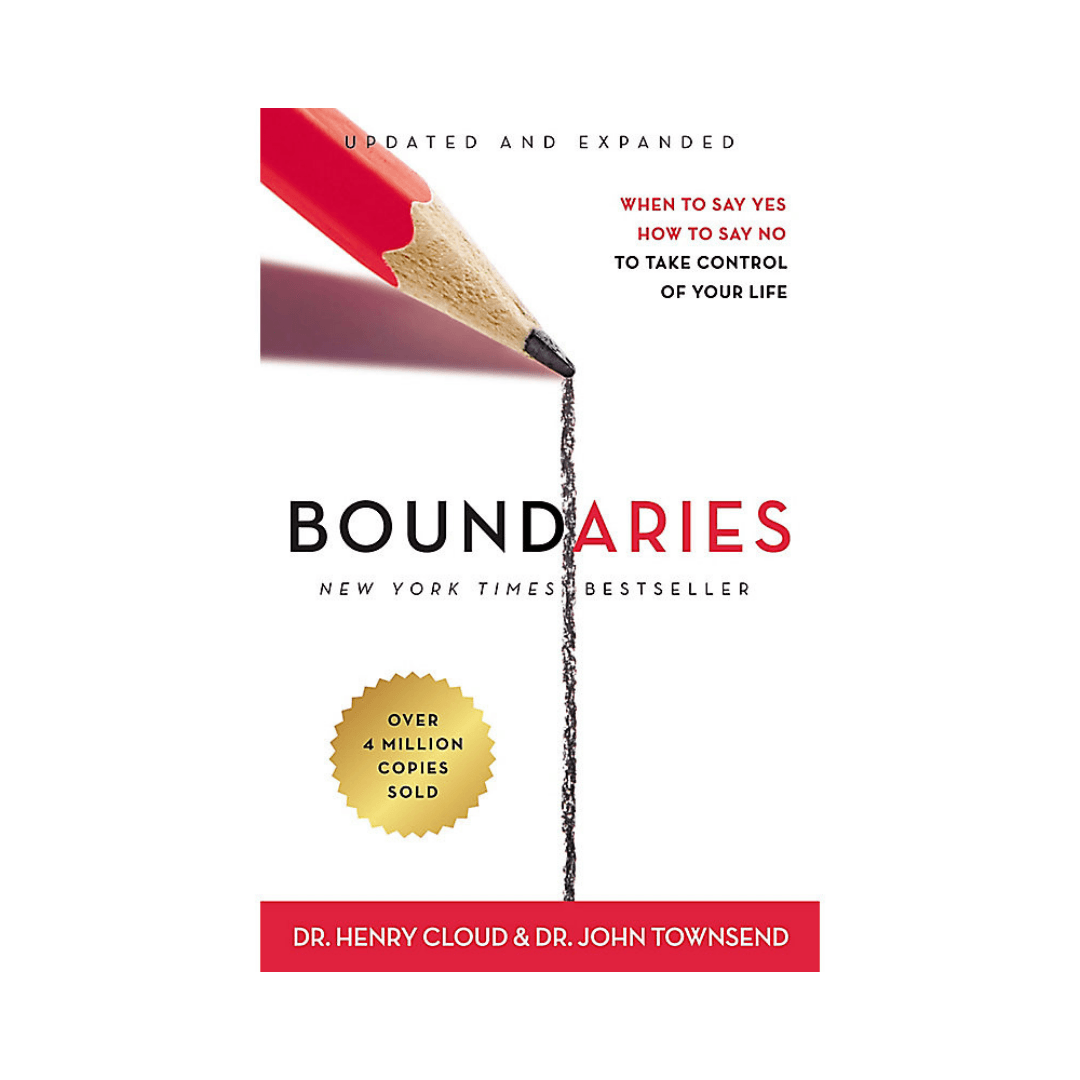HI, I'M
DR. MELISSA CRUM, YOUR INCLUSION COACH
Step into the brave space of ah-ha moments that inspire action.

I loved that she used art and history as a way to introduce the concept of bias, because it caused us to think about bias from an entirely new perspective.
Ohio Women's Bar Association & Ohio Women's Bar Foundation
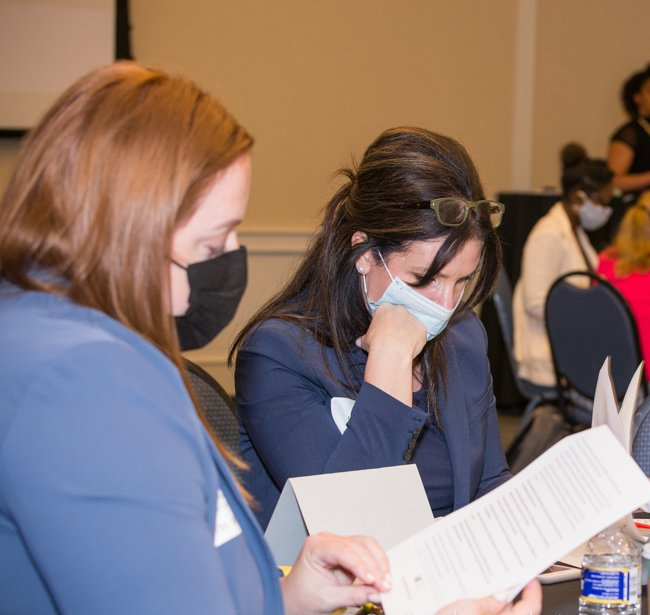
It all started when they turned Will Smith into a Black fish...
Yes, fish come in all colors. But this one was racialized.
It was the early 2000s and I'd always dreamt of becoming a digital animator. I loved movies, I loved drawing... I wanted to make the next Toy Story!
So, I was really excited to study Shark Tale by DreamWorks for my master's in animation.
Until I started asking too many questions.
Why was the main fish Oscar, voiced by Will Smith, wearing his cap backwards, with a big gold chain, rapping Wu-Tang lyrics?
Why was another fish playing out an Italian mafia stereotype? And wait, the jellyfish henchmen are Jamaican?!
I didn't have the words for it at the time... but something seemed off.
Nobody else seemed to see it. Or care. And they certainly didn't like my questions.
So, the department dropped me and I transferred to African American studies, where I wrote a whole thesis on this.
It didn't land me a job at Pixar but it did lead me to my PhD in art education, administration and policy and a world beyond that where I never stopped asking questions...
Listen to me tell the story 👇🏾
In 2021, I was invited to the Learning Unboxed podcast to share my story and thoughts on inclusive practices. Here is a clip of our conversation.
Why Mosaic Education Network?
Along the way, I co-founded the Mosaic Homeschool Cooperative, where I worked with African American parents to create culturally appropriate learning environments for their children. I noticed a pattern: many parents had negative experiences in K–12 education—or were helping their children through the same.
This sparked a new question: how can educators and leaders confront bias, build awareness, and foster environments where everyone belongs? I started working with K–12 teachers, museum educators, nonprofits, and companies, helping them recognize the "mosaics" in their spaces: diverse individuals with unique stories, talents, and perspectives.
And so, Mosaic Education Network was born.
Mosaic
A mosaic is made of small, colorful pieces that come together to create something beautiful. People, organizations, and communities are mosaics—intricately shaped by experiences, relationships, and values. I help organizations bring these pieces together in a way that celebrates differences and builds something greater than the sum of its parts.
Education
Growth starts with learning (and unlearning). From family to media to the workplace, we're constantly learning about who we are and what we value. At Mosaic Education Network, I help organizations intentionally educate themselves to create inclusive, thriving environments.
Network
Building an inclusive workplace is a team sport. It’s about collaboration, partnerships, and shared learning. The "network" reflects not just the connections within your organization but also the support and strategies I bring to the table to help you thrive.
At Mosaic Education Network, I combine these three elements—mosaic, education, and network—to help mission-driven organizations create inclusive workplaces where everyone thrives. Whether it's through workshops, equity audits, executive coaching, or assessments, I help you reimagine your organization as the beautiful mosaic it’s meant to be.
Ready to build something amazing together?
Beyond the shiny badges and academic certificates, you'll find a decade of experience... and a sense of humor.
What's a brave space anyway?
Clue: There are no grizzly bears...
Imagine you are in a forest, and suddenly a huge, grizzly bear steps into your path and rears up aggressively on his back legs.
Are you going to flee, freeze, or fight?
Now, breathe. And imagine the bear is not there.
Phew! You can continue with your walk.
This is the brave space we create in our workshops.
If someone says something wrong or hurtful in this space, we don t freeze (stop talking), fight (get defensive), or flee (run out the room).
We breathe. And remind ourselves this is not a bear. It's just a difficult conversation.
Using positive intentions, respect, and a high level of consciousness, we figure out a way to continue the conversation in a productive way.
That's the brave space that helps you become comfortable with the uncomfortable.
Only then can you have the "ah ha" moments that inspire action.
Our style =
non-judgmental
and thought provoking
with a splash of wit.
She is an engaging and thought-provoking speaker, and created a safe space for us to look at our own privilege.
Dr. Melissa Crum s presentation was a non-judgmental, refreshingly honest look at bias and the master narrative. I feel I now have more awareness of how my preconceptions and personal experiences can influence my material and the way I train to different learners. Thank you for a great workshop and for presenting it in a way that did not feel accusatory or incite defensiveness, but allowed for honest conversation and introspection.
Sarah B.
Training Officer,
General Services Division Ohio Department of Administrative Services

A sneek peak into my bookshelf
Some people collect stamps. I have books!
Here are a few of my favorites that have influenced my work and outlook over the years.
Boundaries: When to Say Yes, How to Say No to Take Control of Your Life by Dr. Henry Cloud and Dr. John Townsend
Boundaries are the places where I
care for myself and others in the
most healthy way possible for me.
This book gave me language that I
use with friends, family, and clients
so that I can be my best self.
My Grandmother's Hands: Racialized Trauma and the Pathway to Mending Our Hearts and Bodies by Resmaa Menakem
This book gave me a deeper
understanding of how our concept
of racism in the United States is
deeply psychological, stemming
from generations of trauma, and
can manifest in our bodies.
The Conversation: How Seeking and Speaking the Truth About Racism Can Radically Transform Individuals and Organizations by Robert Livingston
This book gives research backed
examples of how racism manifests
in US systems. Specifically, it helps
make a direct connection between
individuals and the organizations
and companies we run.
Dr. Crum's approach was refreshingly challenging, while making us feel that we could step into the brave space.
We're coming away from our session with some new perspectives and questions that will help us expand the stories we tell ourselves about those with different experiences so our organization can support everyone better.
Jen J.
DS Diagnosis Network
Diagnosis Network



